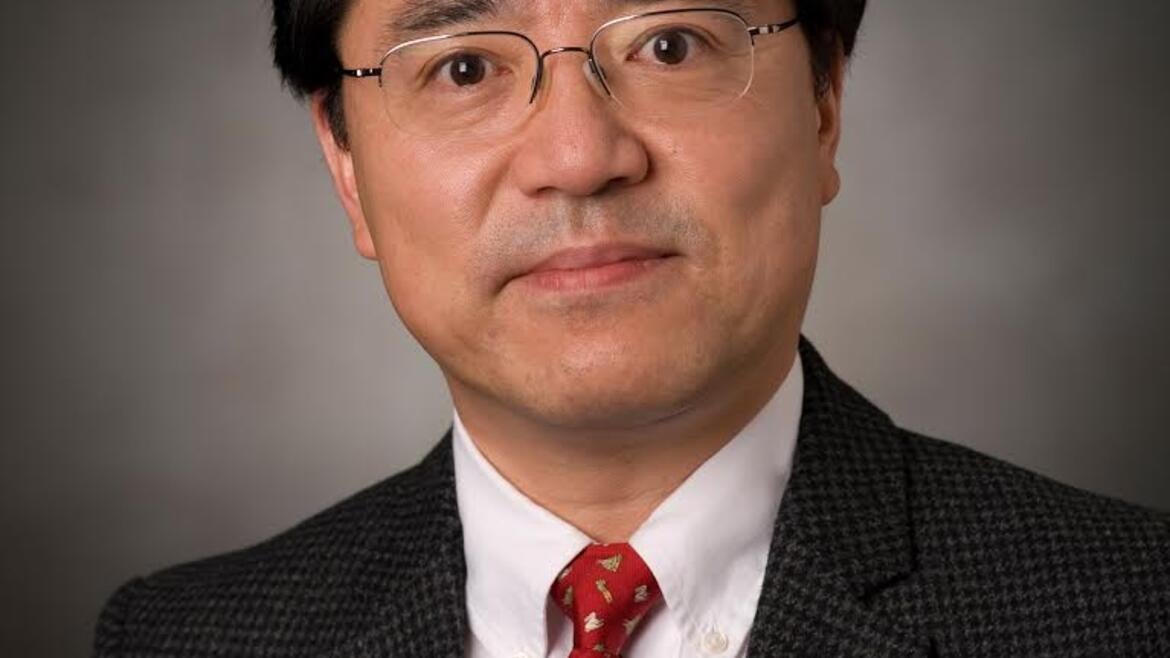Colloquium Speaker: Cheng Dong

Title: Immune Cell-Mediated Cell and Drug Delivery Platform
Abstract: Efficient drug delivery strategies into solid tumors that target primarily malignant cells and avoid damaging healthy tissue are limited by the pharmacokinetics, solubility and specificity of the chemotherapeutic drugs. Drug delivery into brain tumors is significantly more challenging due to the presence of the blood brain barrier. Glioblastoma, with a 5-year survival rate of only 5% is the most aggressive type of brain tumor. Despite modern treatment techniques (e.g. chemotherapy, radiation, and surgical removal), the prognosis remains dismal. To address this clinical challenge, we designed a targeted drug delivery system using genetically modifiedchimeric antigen receptor (CAR)-T cells to target glioblastoma tumors and polymeric nanoparticles to encapsulate the therapeutic drug. Nanoparticles provide a great opportunity to develop a targeted delivery system that in conjunction with immune cells can specifically deliver drugs to brain tumors.
Biography: Prof. Dong received his Ph.D in Engineering Science and Mechanics in 1988 from Columbia University. He is currently a Distinguished Professor of Biomedical Engineering and Head of the Penn State Department of Biomedical Engineering. He has received several prestigious honors and awards, including the US National Science Foundation (NSF) Faculty Career Award, American Cancer Society Faculty Research Award, ASME Y.C. Fung Investigator Award, ASME Melville Medal, ASME Best Journal Paper Award, and BMES Harold Lamport Young Investigator Award. The major focus of Dr. Dong's research is to elucidate biomechanical, biophysical and biochemical aspects of cellular function in the circulatory systems, with particular interest in cell adhesion, cell migration, cell signaling, cellular biomechanics and multi-scale modeling of biological systems. Current research at Penn State University includes studies of micro- hemodynamics, coagulation, leukocyte rheology, intercellular and intracellular signaling, cancer immunology and metastases. In particular, he is investigating how fluid dynamics, adhesion kinetics and tumor microenvironment change leukocyte and/or endothelial immune functions which subsequently affect tumor cell extravasation in the microcirculation and subsequent metastasis. He is also collaborating with material scientist and neural science biologist on most-recent designs of immune cell-mediated nanoparticle and drug delivery targeting brain tumors.